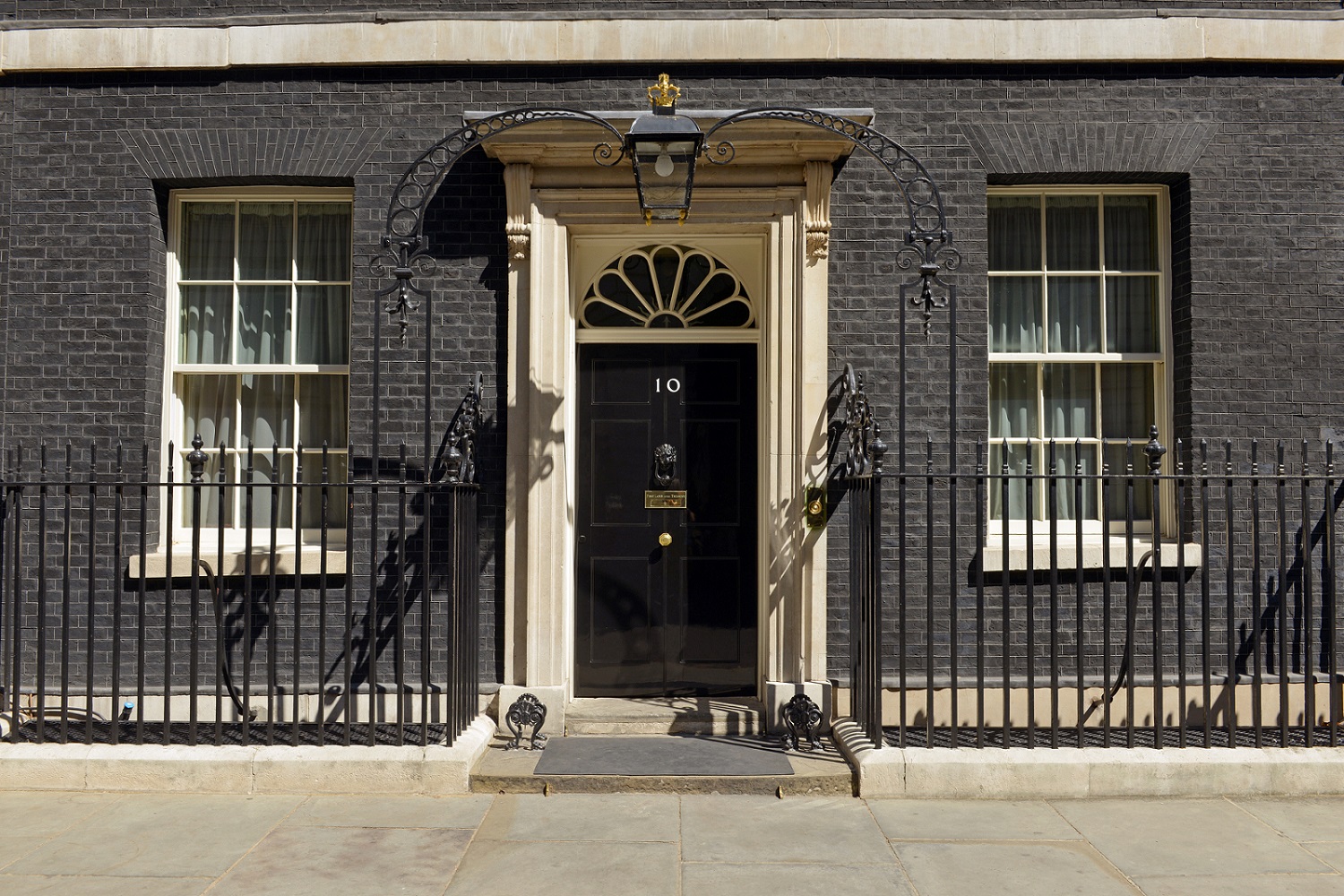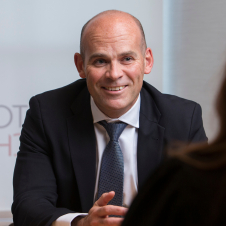Rishi Sunak’s Spring Statement seeks to balance the books against a turbulent backdrop

24 March 2022
This article first appeared in The Herald on 24 March 2022.
The now obligatory glossy photos of the Chancellor may have been shared in advance, but yesterday’s Spring statement was a subdued affair compared with previous years.
Taking a moment to pay tribute to Ukrainians defending their country and reflecting on the humanitarian crisis caused by the increasingly desperate conflict, Rishi Sunak said the UK had a “moral responsibility” to use its “economic might” to help Ukraine. But he warned these actions were not “cost free” and created unusually high uncertainty for the UK economy.
Even before the crisis in Ukraine, the Chancellor faced a significant challenge to balance the books of UK PLC.
Against a backdrop of an escalating cost of living crisis, prompted by soaring inflation rates, a surge in energy costs, and disruption to supply chains following Brexit and the pandemic, households and businesses alike have been feeling the squeeze. Meanwhile the independent Office for Budget Responsibility (OBR) has forecast an average inflation rate of 7.4% for 2022 and substantially downgraded the UK’s growth expectation to 3.8% for this year.

Measures to ease the cost-of-living crisis were at the forefront of the measures announced. As anticipated, the Chancellor introduced a 5p cut in fuel duty which took effect at 6pm on 23 March 2022 and will continue until March 2023. According to the Government this will save the average car driver around £100, van drivers £200 and hauliers £1500 annually, but there were no additional measures to protect businesses from the impact of soaring energy costs.
VAT on energy saving technologies such as solar panels and heat pumps has been slashed to zero for householders, but predictions of a windfall tax on oil and gas to address fuel poverty were unfounded. Nor did he budge on the planned National Insurance increases, set to be introduced next month to shore up the NHS after COVID-19. An increase in the threshold for paying NI from £9,880 to £12,570 will, the Chancellor said, help almost 30 million workers, but it will do little to support employers whose NI contributions are also due to rise by 1.25% in April.
It is important to note that those who aren’t in work – including pensioners – won’t see any difference to their income, leaving them struggling amid rising food and fuel bills. And the Chancellor’s ‘rabbit out the hat’ – a promise to slash basic income tax in England, Wales and NI by 1p in 2024, won’t apply north of the Border on earned income, although the Treasury stated that taxpayers in Scotland will see initial benefits worth £350m under the Fiscal Framework.
For firms hoping for a helping hand amid the uncertainty, there was little in the here and now to support businesses and improve confidence.

Up to half a million small businesses will benefit from an increase to the Employment Allowance which will rise to £5,000 from April, providing the equivalent of a tax cut of £1,000, and a review of the apprenticeship levy was announced to consider whether the current system is doing enough to incentivise businesses to invest in training.
Looking forward, the Chancellor made encouraging noises about cutting and reforming taxes on capital investment to help drive business growth. Mr Sunak promised to speak to businesses to get their view before announcing measures in the Autumn Budget.
There was also positive news regarding Research and Development (R&D) to help support innovation and business investment. The extension of R&D tax relief, which from April 2023 will also apply to all cloud computing costs, is welcome and there appears to have been a softening in the Government’s stance on the qualification of overseas R&D activity for reliefs. Hidden in the Government’s tax plan was also a reminder of the huge increase in the amount to be spent on tax avoidance clampdown, signalling a crackdown on those who seek to bend the rules.
However, the support that is in the pipeline is still some way off and unfortunately some businesses may struggle to survive given the continuing rise in their input costs. Consumers are also likely to tighten their belts as their expendable income drops.
To be fair, the Spring statement was not intended to be a budget and is instead a means of helping the economy as it faces tough times following the pandemic and now the crisis in Ukraine. Only time will tell if it makes a difference or not.
Find out more
Read more of our expert analysis by visiting our Budget hub.
If you would like to discuss this further, please don't hesitate to get in touch with myself, a member of our Tax team or your usual Johnston Carmichael adviser.
